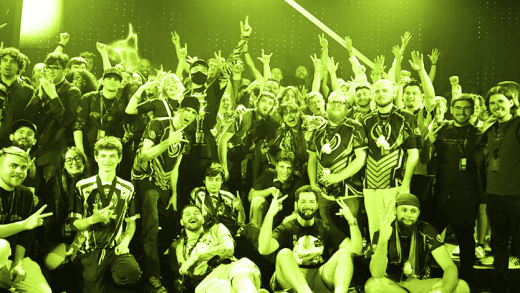
The Microsoft HoloLens 2 could make mining safer.
Mining technology and solutions provider National Speleological Society (NSS) Canada has partnered with Cambrian R&D Centre for Smart Mining to develop an augmented reality (AR) helmet that allows miners to plant explosives safely and more efficiently while operating in underground shafts.
A research division working out of Cambria is developing a special bracket that lets them mount a Microsoft HoloLens 2 headset directly to a miner’s hardhat, allowing them instantaneous access to the Miner Operated Survey System (MOSS).
This is a system used by miners to conduct high explosive blasts more efficiently by automatically locating the optimal drill holes on a mine face. This not only reduces the time required to set up blasts but the chance of overbreak by 10-15% as well. According to the Cambria research team, when combined with the Microsoft HoloLens 2, efficiency improves even further.
AR technology allows miners to access vital drill information and other important updates in real time. The HoloLens 2 displays digital information over the wearer’s real-world environment. They can even use specific hand gestures to interact with virtual elements without the need for an external controller. This same information can also be sent to the surface, allowing seamless video and audio communications between miners and those working above ground.
This AR system can also be used to improve the safety of workers. Normally, miners would mark drill holes using spray paint, which meant operating dangerously close to the mine face. Using the HoloLens 2, workers can measure where they should drill from a safe distance. What used to take an hour can now be done in 10 minutes and with significantly less risk of injury.
“In the underground mining environment, the face is most often the most dangerous place to be, because it is normally unbolted and unscreened until the very end of the workflow,” said Matthew Brown, NSS Canada’s General Manager during an August product launch. “Because of that, there’s a higher chance of rockburst and other accidents by being susceptible to falling rock or any other kind of movement.”
“So by developing this augmented reality technology, we’re able to bring the miner back away from the face to roughly (20 feet) and this allows the miners to be more efficient and safer, while still completing that workflow,” he added.
Image Credit: NSS Canada





